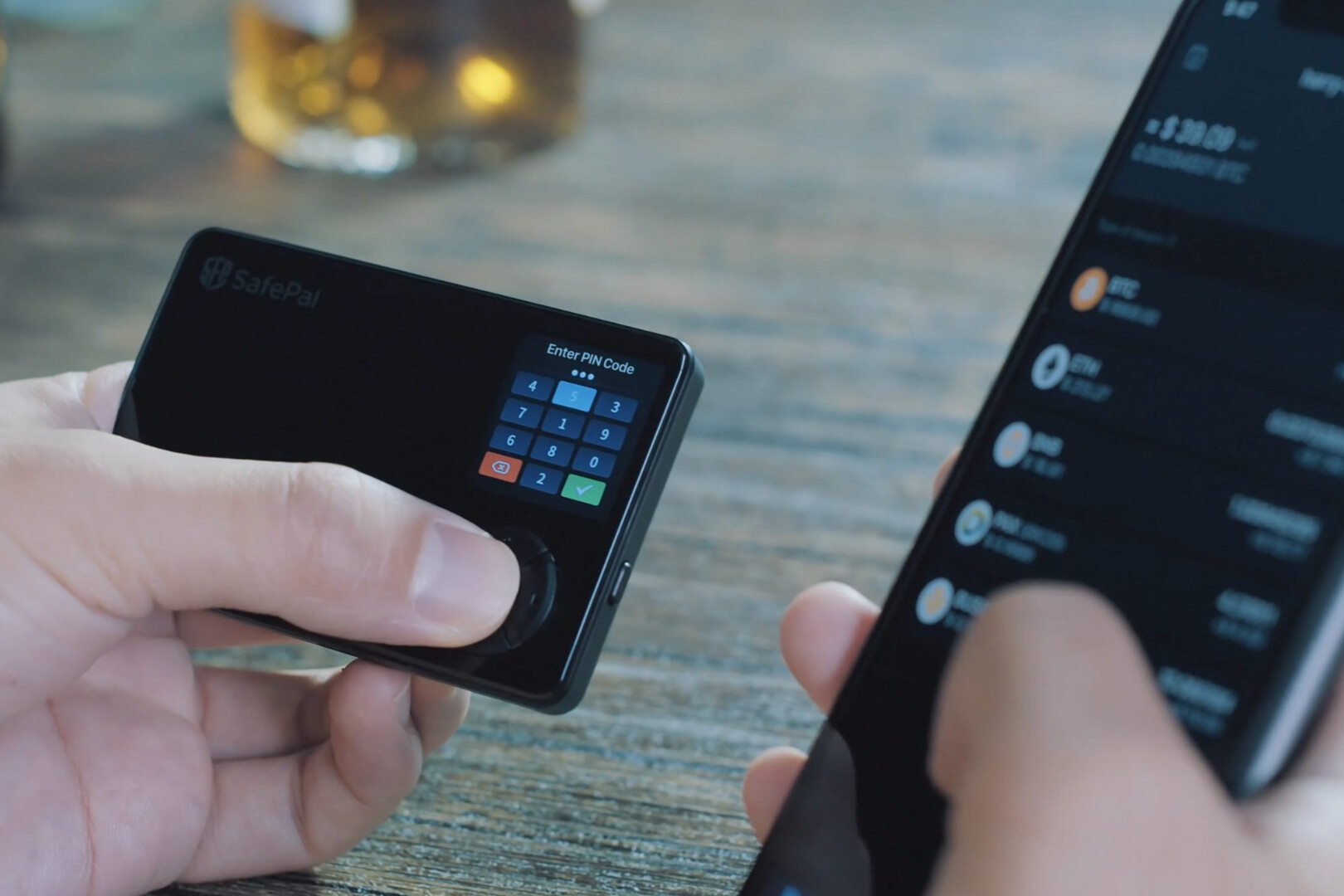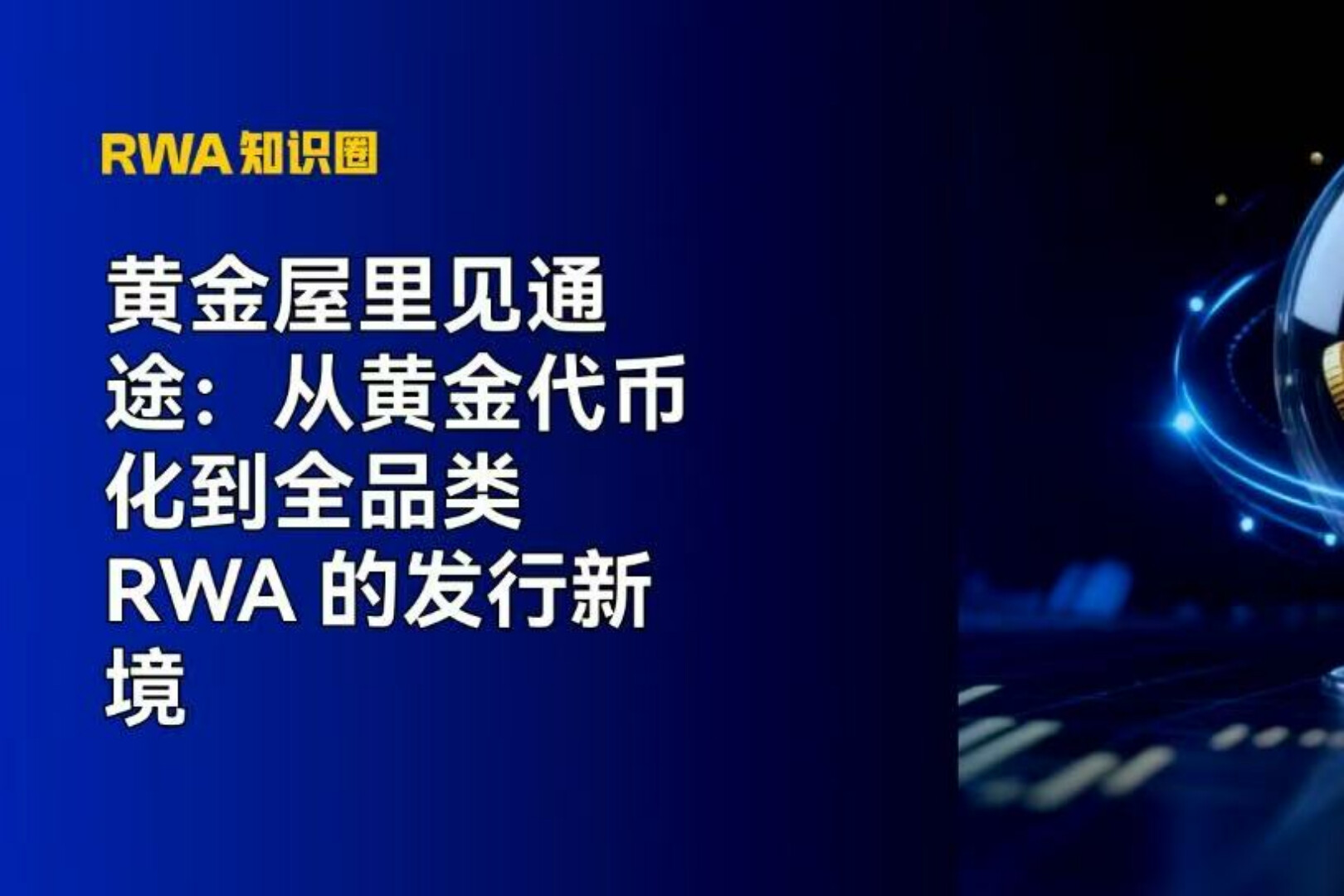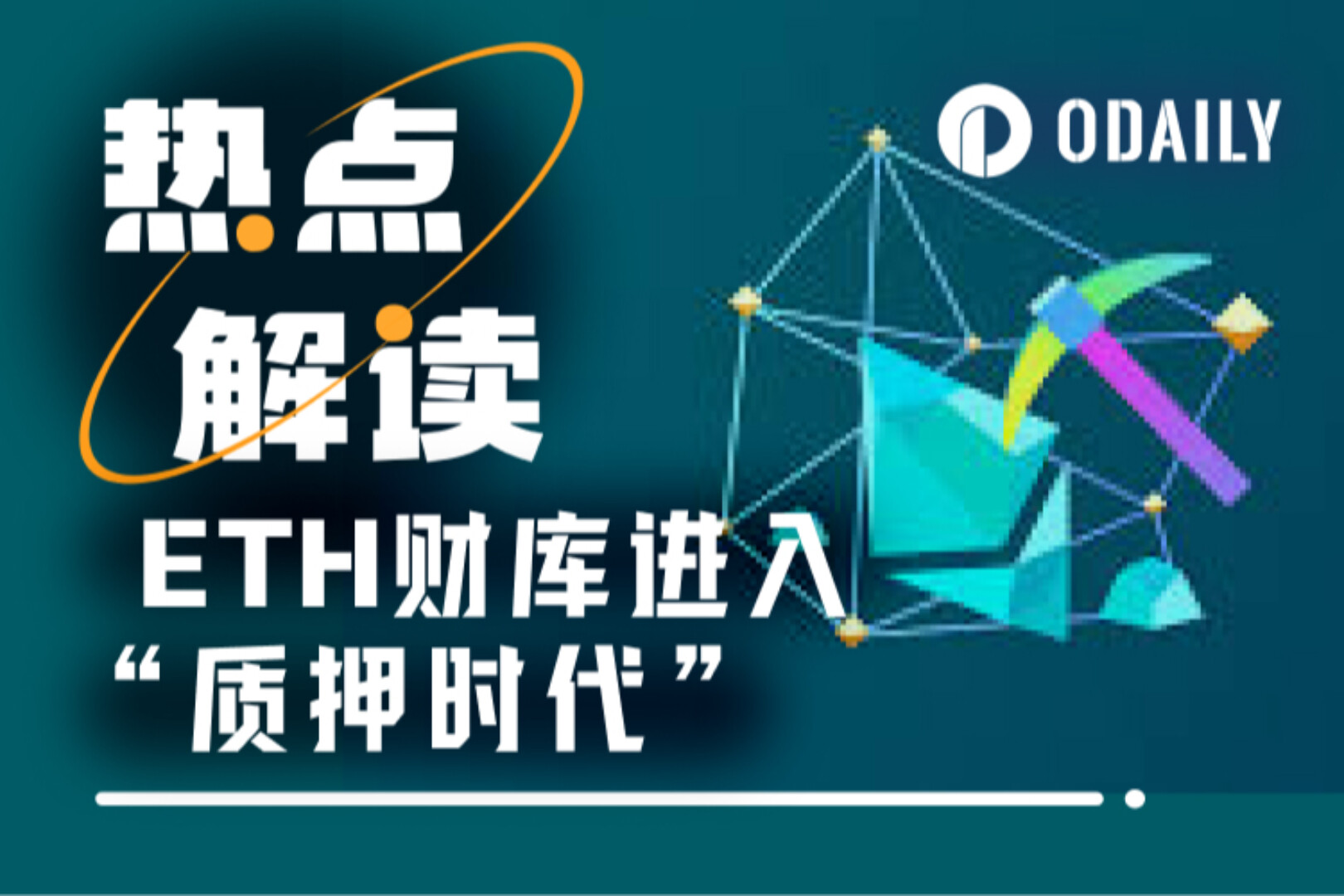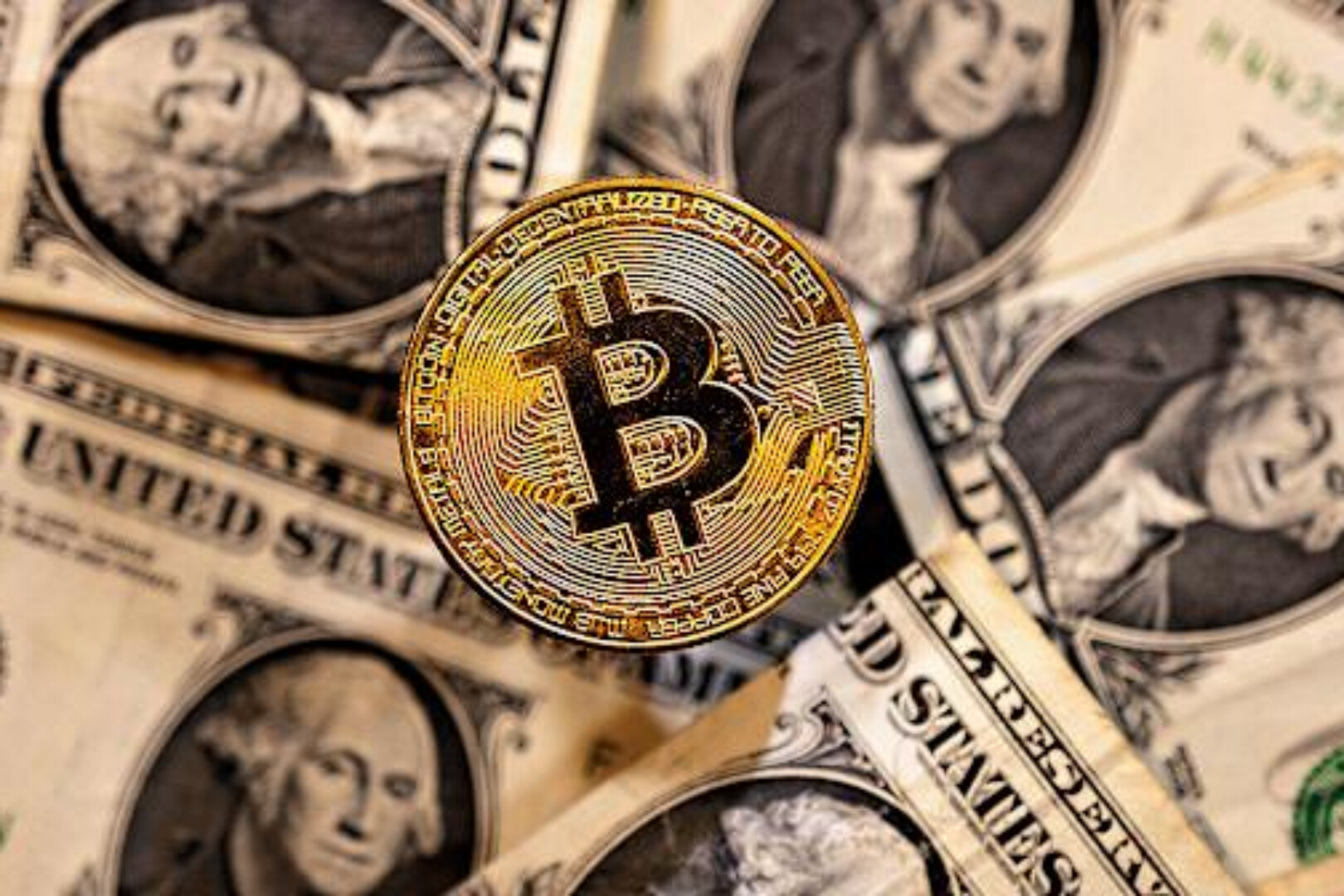Author: Frank, Foresight News
Author: Frank, Foresight NewsOn October 31, the Hong Kong Special Administrative Region Government issued a virtual asset policy declaration, clarifying the government’s policy stance and guidelines for the development of a dynamic virtual asset industry and ecosystem in Hong Kong, covering vision and guidelines, supervision, and pilot programs ( Extended reading "Full text: Policy Declaration on the Development of Virtual Assets in Hong Kong
"), the Hong Kong government welcomes and encourages the development of virtual assets and Web3.
Among them, "intensifying preparations for a new licensing system for virtual asset service providers" is even more eye-catching. According to Bloomberg, citing sources, Hong Kong plans to implement a compulsory licensing plan for cryptocurrency platforms in March next year that will allow retail transactions of cryptocurrencies. , to become a crypto hub.

In general, whether it is the intensive appearance of Web3 related people on the first day of this Fintech Week, or the exciting solemn promise in the virtual asset policy declaration, it has further declared to the world Hong Kong's commitment to Web3 and encryption with a clear banner. The full sincerity of the property door open.
2017 - 2022, Hong Kong Encryption Policy and Major Events Inventory
The gray line of the grass snake, the veins are thousands of miles away. If we look at Hong Kong's encryption policy promulgation process and related major events, we will find that Hong Kong began to deploy around encrypted assets as early as 2017, and it is mainly divided into two stages:
From 2017 to 2020, with the Hong Kong Securities Regulatory Commission as the main regulatory body, the Hong Kong government issued a series of policy documents related to ICO, STO, and cryptocurrency transactions, and the regulatory framework was gradually improved;
From 2021 to 2022, with the Hong Kong Monetary Authority and the Hong Kong Stock Exchange as the mainstays, Hong Kong will make frequent moves in tokenized bonds, digital Hong Kong dollars, central bank digital currency (CBDC), etc., and its voice will overwhelm the tracks directly related to encrypted assets;
Until this year, especially after the new Hong Kong government came to power, Hong Kong’s vision has obviously changed, and it has begun to reorganize its policies and other aspects, and is preparing to make great strides to compete with Singapore, London, New York and other cities for the status of the global encrypted financial center and virtual asset center.
2017
2017On September 5, 2017, the Hong Kong Securities Regulatory Commission issued the "Statement Regarding Initial Coin Offerings
", which aims to clarify that depending on the facts and circumstances of individual ICOs, the digital tokens offered or sold may fall under the definition of "securities" under the Securities and Futures Ordinance and be regulated by Hong Kong's securities laws.It is worth noting that just the day before the release of this statement, that is, on September 4, 2017, seven ministries and commissions including the People's Bank of China jointly issued the "Announcement of Seven Departments including the People's Bank of China on Preventing Risks of Token Issuance and Financing
On September 29, 2017, the Hong Kong Securities Regulatory Commission issued the "Circular on Announcing the Regulatory Sandbox of the Securities Regulatory CommissionCircular on Announcing the Regulatory Sandbox of the Securities Regulatory Commission
》, which aims to provide a restricted regulatory environment for qualified enterprises to carry out regulated activities under the Securities and Futures Ordinance before the full application of fintech in their business.On December 11, 2017, the Hong Kong Securities Regulatory Commission issued the "》, intermediaries who provide bitcoin futures contract trading services and related services (including conveying or transmitting transaction instructions) to investors need to apply for a license from the SFC and be supervised. At the same time, the SFC also reminds investors to pay attention to investment risks.
2018
2018On February 9, 2018, the Hong Kong Securities Regulatory Commission issued the "China Securities Regulatory Commission Warns Investors Against Cryptocurrency Risks
"Press release.On November 1, 2018, the Hong Kong Securities Regulatory Commission issued the "Statement on the Regulatory Framework for Virtual Asset Portfolio Managers, Fund Distributors and Trading Platform Operators
", which elaborated the Hong Kong Securities Regulatory Commission's regulatory attitude towards virtual asset trading platforms, including the establishment of a regulatory sandbox mechanism, and announced the goals and basic conditions for the regulation of virtual asset portfolio companies, fund distributors, and platforms.On the same day, the Hong Kong Securities Regulatory Commission issued the "》、《Regulatory Standards Applicable to Licensed Corporations Managing Virtual Asset PortfoliosCircular to Intermediaries - Distribution of Virtual Asset FundsConceptual Framework for Potential Regulation of Virtual Asset Trading Platform Operators》。
2019
2019
On February 14, 2019, the Hong Kong Securities Regulatory Commission publicly accepted sandbox applications.On March 28, 2019, the Hong Kong Securities Regulatory Commission issued the "Statement Regarding Security Token Offerings
", to remind companies or individuals engaged in the issuance of security tokens of the applicable laws and regulatory requirements, confirm that STO sales require a No. 1 brokerage license, and anyone who engages in regulated activities without a license, unless exempted, Otherwise it is a criminal offence.On October 4, 2019, the Hong Kong Securities Regulatory Commission issued the "Standard Terms and Conditions for Licensed Corporations Managing Portfolios Investing in Virtual Assets
", imposes a series of terms and conditions on fund managers who meet certain conditions and manage portfolios invested in virtual assets. From the perspective of virtual asset fund management companies, it proposes company qualifications, risk management, compliance audits, crackdown Specific requirements for money laundering and counter-terrorism.On November 6, 2019, the Hong Kong Securities Regulatory Commission successively issued the "SFC issues warning on virtual asset futures contracts"as well as"", clarifying the new regulatory framework for virtual asset trading platforms, emphasizing that companies operating a central virtual asset trading platform in Hong Kong and intending to provide trading services for at least one security token on its platform can apply to the SFC for the first and licenses for 7 types of regulated activities. Once a virtual asset trading platform operator is licensed, it will be placed in the SFC regulatory sandbox.
2020
2020On January 22, 2020, the Hong Kong Monetary Authority issued the "The results of the "Inthanon-LionRock Project" and the next steps
", announced the central bank's digital currency research results, and plans to further cooperate with the Bank of Thailand.On July 15, 2020, the Legislative Council of Hong Kong formally passed the "Limited Partnership Fund Bill
", which came into effect on August 31, 2020, introducing a new statutory framework for funds established in Hong Kong, "Limited Partnership Funds". The definition of "funds" in the bill includes investments in digital assets. Funds (such as cryptocurrencies and virtual assets, etc.).On November 3, 2020, the Financial Services and the Treasury Bureau of the Hong Kong Special Administrative Region Government issued the "Public Consultation on Legislative Proposals to Strengthen Anti-Money Laundering and Counter-Terrorist Financing Regulations in Hong Kong
》, recommending the establishment of a licensing system for virtual asset service providers. According to the consultation document, the activities covered by the regulation include virtual asset trading, transfer, custody and management, and the provision of financial services for the issuance of virtual assets. According to the definition of the special organization, virtual assets are "assets whose value is expressed in digital form, and the relevant assets can be bought, sold or transferred in digital form, or used for payment or investment purposes".
On November 3, 2020, Li Xiaojia, the then chief executive of the Hong Kong Stock Exchange, attended the Hong Kong Fintech Week Forum and said that he was discussing the use of blockchain technology to send reports to the mainland for Hong Kong Stock Connect trading activities.On December 15, 2020, the Hong Kong Securities Regulatory Commission submitted to OSLIssue a license(Type 1 "Securities Trading" and Type 7 "Automated Trading Services"), OSL has become the world's first digital asset trading platform licensed by the Hong Kong Securities Regulatory Commission (as of the date of publication,It still only shows that OSL is licensed), and can trade Bitcoin, Ethereum and security tokens that have passed the screening.
2021
2021On May 21, 2021, the Financial Services and the Treasury Bureau of the Hong Kong Special Administrative Region Government issued the "Legislative Proposals for Strengthening Anti-Money Laundering and Counter-Terrorist Financing Regulations in Hong Kong
", completed the collection of opinions on the revision of the "Anti-Money Laundering Regulations" to establish a licensing system for virtual asset service providers.On June 8, 2021, the Hong Kong Monetary Authority released the "Fintech 2025
"Strategy, mentioned that it is committed to researching the central bank's digital currency at the wholesale level, and at the same time cooperates with the Hong Kong Center under the Innovation Hub of the National Settlement Bank to study the central bank's digital currency at the retail level, and will then start to study the local retail Hong Kong dollar digital currency (e-HKD), to explore its use cases, benefits, and associated risks. In addition, the Hong Kong Monetary Authority stated that it will continue to cooperate with the People's Bank of China to conduct technical tests on digital renminbi in Hong Kong to provide convenient cross-border payment services for Hong Kong and mainland residents.On August 24, 2021, the Bank for International Settlements (BIS) Innovation Center and the Hong Kong Monetary Authority (HKMA) reached a cooperation plan to exploreTokenized Green Bonds
, which aims to support small investments, simplify the bond issuance process and improve issuance efficiency.On October 4, 2021, the Hong Kong Monetary Authority issued the "Digital Hong Kong Dollar e-HKD Technical White Paper at the Retail Level
》, based on the retail-level central bank digital currency model jointly researched by the HKMA and the Hong Kong Center of the Bank for International Settlements Innovation Hub, the white paper explores potential technical solutions for issuing and distributing retail-level central bank digital currency. The design proposed in the white paper is a technical architecture proposed by the central bank with breakthrough arrangements in terms of privacy protection, which can track transactions while ensuring privacy.
On October 21, 2021, Yu Weiwen, President of the Hong Kong Monetary Authority, stated at the 2021 Financial Street Forum Annual Conference that in order to allow residents of the two places to obtain more convenient cross-border payment services, the Hong Kong Monetary Authority and the People's Bank of China will cooperate to promote the digital renminbi ( DCEP) tested in Hong Kong.
On November 3, 2021, Hong Kong Financial Secretary Chen Maobo stated at the Hong Kong Financial Technology Week 2021 that the Hong Kong Monetary Authority is studying the issuance of a central bank digital currency (CBDC) for retail purposes.
2022On January 29, 2022, the Hong Kong Monetary Authority and the Hong Kong Securities Commission issued the "Joint Circular on Virtual Asset Related Activities of Intermediaries
》, allowing intermediaries to cooperate with virtual asset trading platforms licensed by the Hong Kong Securities Regulatory Commission to provide digital asset investment services to professional investors.On April 27, 2022, the Hong Kong Monetary Authority issued a report entitled "Electronic Hong Kong Dollar: Policy and Design Perspectives
"Discussion paper, soliciting opinions on key issues of the retail central bank digital currency (CBDC) e-HKD, the official is focusing on issues such as the issuance mechanism, interoperability with other payment systems, privacy and data protection.On 6 July 2022, the Secretary for Financial Services and the Treasury of Hong Kong moved the second reading of theAnti-Money Laundering and Counter-Terrorist Financing (Amendment) Bill 2022
》, emphasizing that those engaged in the business of operating virtual asset exchanges must apply for a license from the Securities Regulatory Commission, and relevant persons must meet the proper and proper criteria and comply with the anti-money laundering and terrorist financing requirements under the Anti-Money Laundering Ordinance, including conducting customer due diligence and record-keeping requirements, as well as other strict regulatory requirements imposed by the SFC through licensing conditions, such as licensed virtual asset service providers should have sufficient financial capacity, knowledge and experience, and have risk management policies and procedures, listing and trading policies for virtual assets, proper financial reporting and disclosure arrangements, and mechanisms to prevent market manipulation, irregular activities, and conflicts of interest.
On September 29, 2022, Yu Weiwen, President of the Hong Kong Monetary Authority, said that the HKMA will launch a series of pilot programs with banks and technology companies to test the digital Hong Kong dollar (e-HKD) from the fourth quarter.On October 19, 2022, Lee Ka-chao, Chief Executive of the Hong Kong Special Administrative Region, issued the first "policy address
", which mentioned that the government will take measures to comprehensively enhance the competitiveness of Hong Kong's financial services. In terms of virtual assets, the government has submitted a bill to propose the introduction of a statutory licensing system for service providers; the Hong Kong Monetary Authority is studying the market's supervision of stable currency Opinions will ensure that the regulatory system is consistent with international regulatory recommendations and suitable for local conditions; in addition, the Hong Kong Monetary Authority has started preparations for the "Digital Hong Kong Dollar" and is cooperating with mainland institutions to expand the use of "Digital Renminbi" as a cross-border payment tool in Hong Kong. .On October 16, 2022, Hong Kong Financial Secretary Chen Maobo published an article "Innovation and Technology Development in Hong Kong
", pointing out that it is necessary to promote the development of Hong Kong into an international virtual asset center, saying that "the policy declaration will clearly express the government's position, and demonstrate to the global industry our vision of promoting Hong Kong's development into an international virtual asset center, as well as our commitment to explore financial innovation with the global asset industry and determination".On October 28, 2022, according to the recent report jointly released by the Bank for International Settlements (BIS)Currency Bridge Project: Central Bank Digital Currency Helps Economic Integration and Interoperability
》Announcement, the multilateral central bank digital currency bridge project jointly built by the Bank for International Settlements (Hong Kong) Innovation Center, the Hong Kong Monetary Authority, the Central Bank of Thailand, the Digital Currency Research Institute of the People's Bank of China and the Central Bank of the United Arab Emirates has successfully completed the project based on four central banks. The first real transaction pilot of digital currency, within six weeks, 20 commercial banks from four different jurisdictions completed a total of 164 cross-border remittance and foreign currency exchange services for their customers through the currency bridge platform, with a total amount equivalent to more than 150 million RMB Yuan.On October 31, 2022, the Hong Kong Securities Regulatory Commission issued the "Circular in relation to virtual asset futures exchange-traded funds





